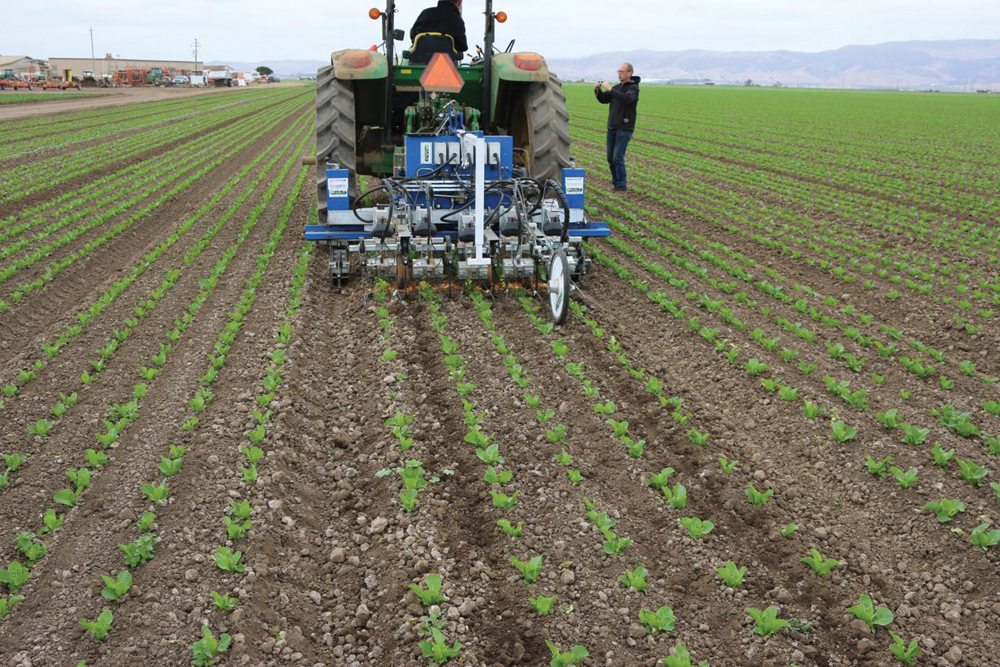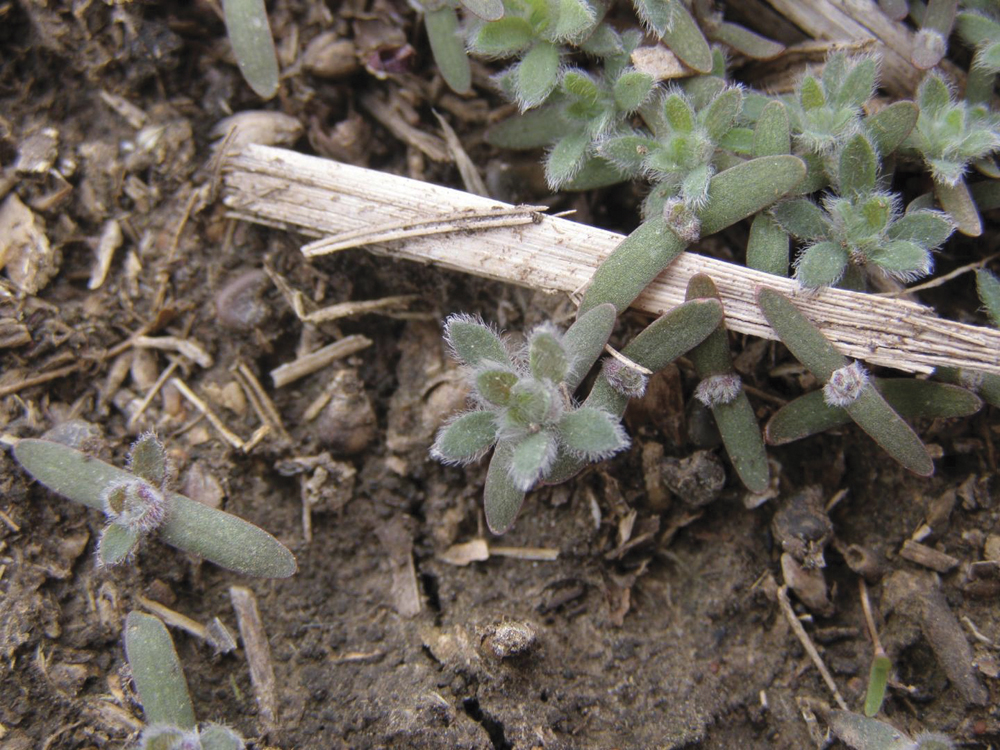Include your children or grandchildren in the gardening plans this year and reap the following rewards:
Gardening allows children to witness the miracle of life through the seed.
It’s an outdoor activity that allows the whole family to work together. If a child can throw a ball, he/she can toss a potato into a hole.
Gardening contributes to physical health, since activities such as digging, planting, weeding and harvesting involve endurance, flexibility and strength.
It captures kids’ interests as it is fun to get dirty. Kids love digging in the dirt.
Read Also

Powdery scab a puzzling potato problem
Soil-borne potato disease powdery scab thrives in cool, moist conditions and is hard for crop researchers to study, but there are things Manitoba farmers can do to keep it out of fields.
Children learn valuable lessons like patience, as they wait for the seeds to sprout and responsibility, as they nurture the plants.
Gardening helps build a child’s senses by handling plants that are great to smell, fun to touch and good to eat.
It is an inexpensive place to experiment. If the kids want to throw eight seeds in a hole, let them, and they will see what will happen and learn from their experience.
Children learn to respect and care for all living creatures. Gardening introduces them to small creatures under the rocks and in the soil. It’s like opening up a whole new world for kids.
It introduces them to healthy foods. If they grow their own veggies, they are more likely to eat them.
Gardening offers active and engaging connections to academics, from science (plant life cycle) and math (counting the seeds) to nutrition and literacy.
Nothing can replace quality time with children as you talk while you water flowers or quietly work side by side.
– Sheila Braun writes from Landmark, Manitoba


















